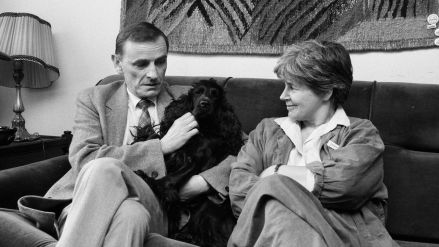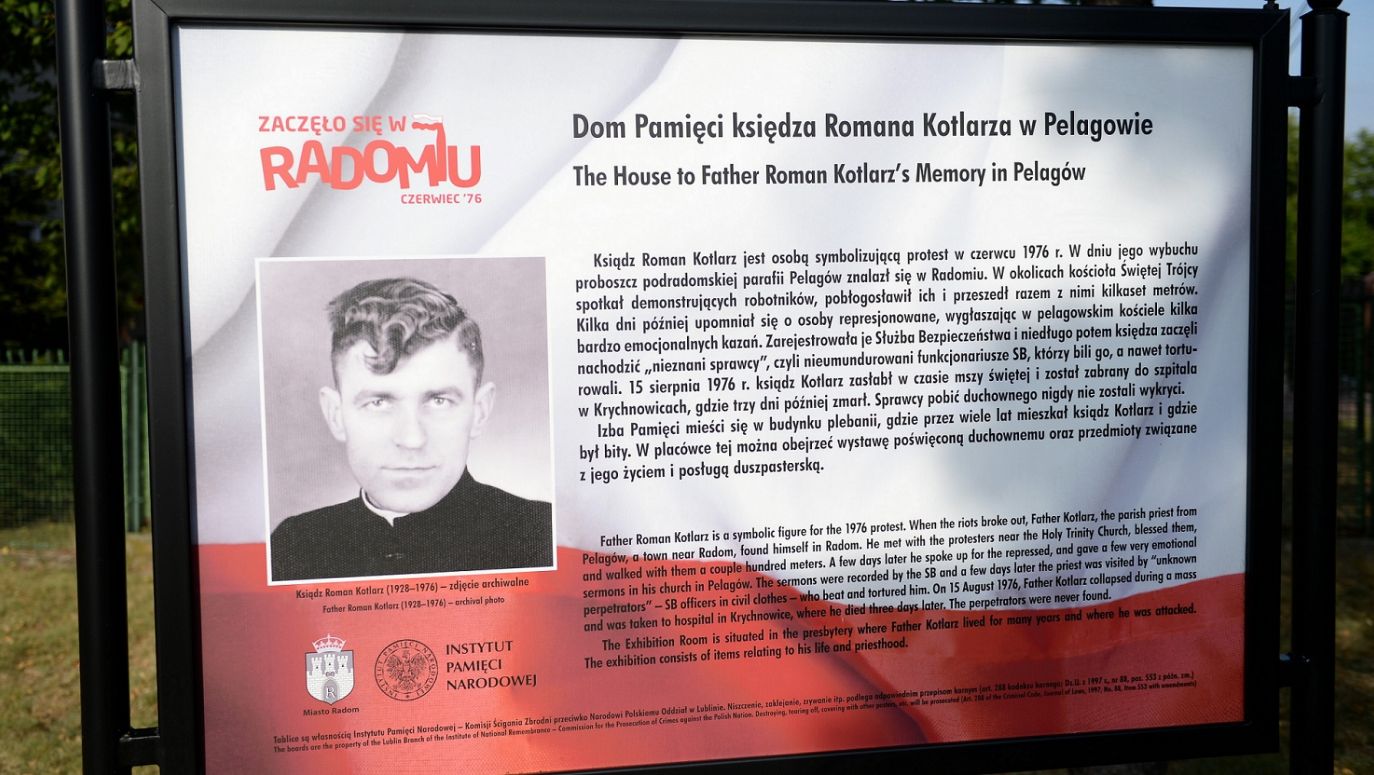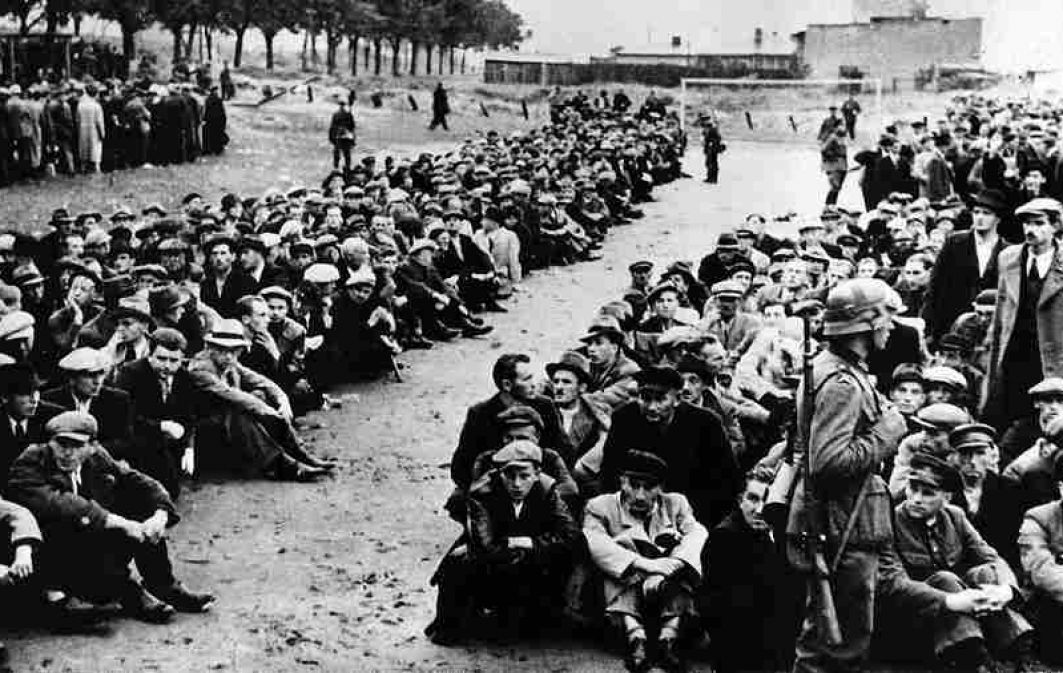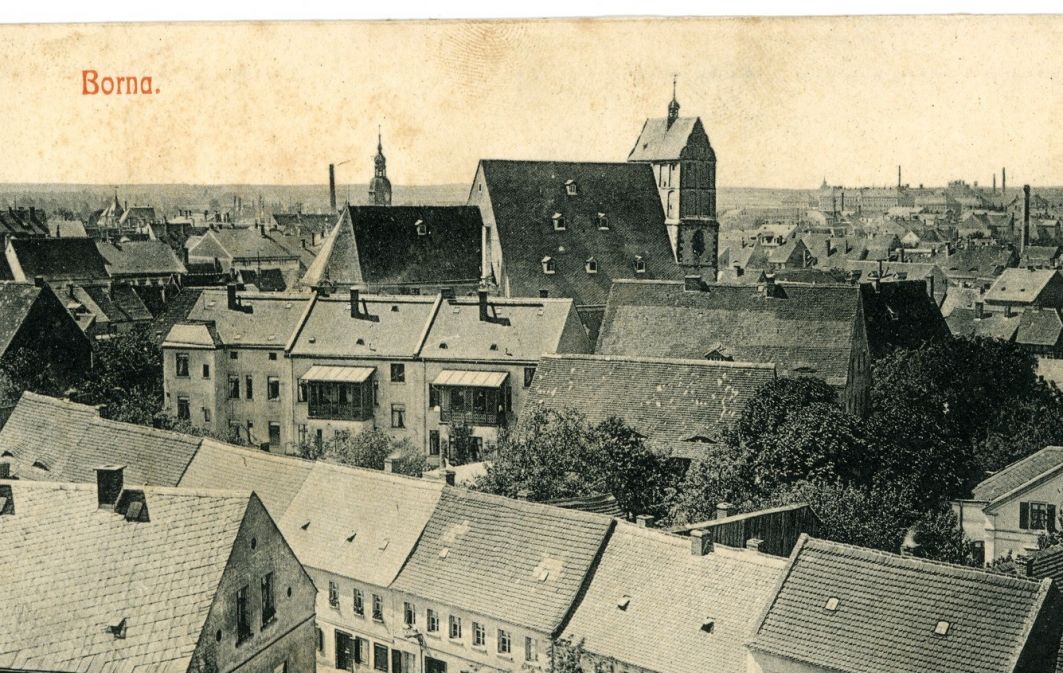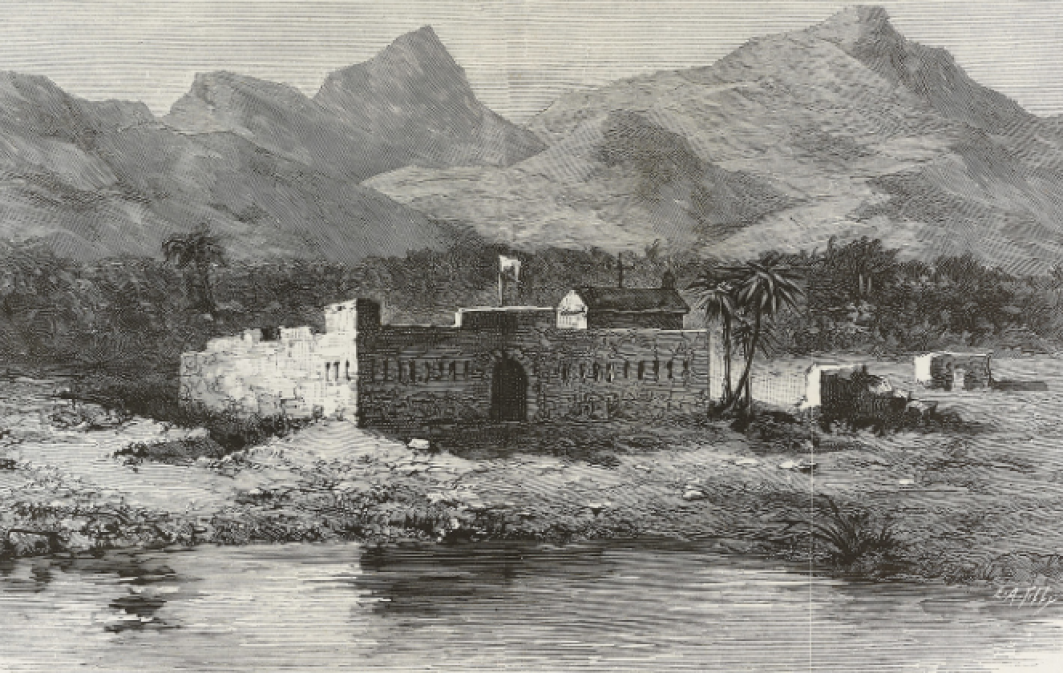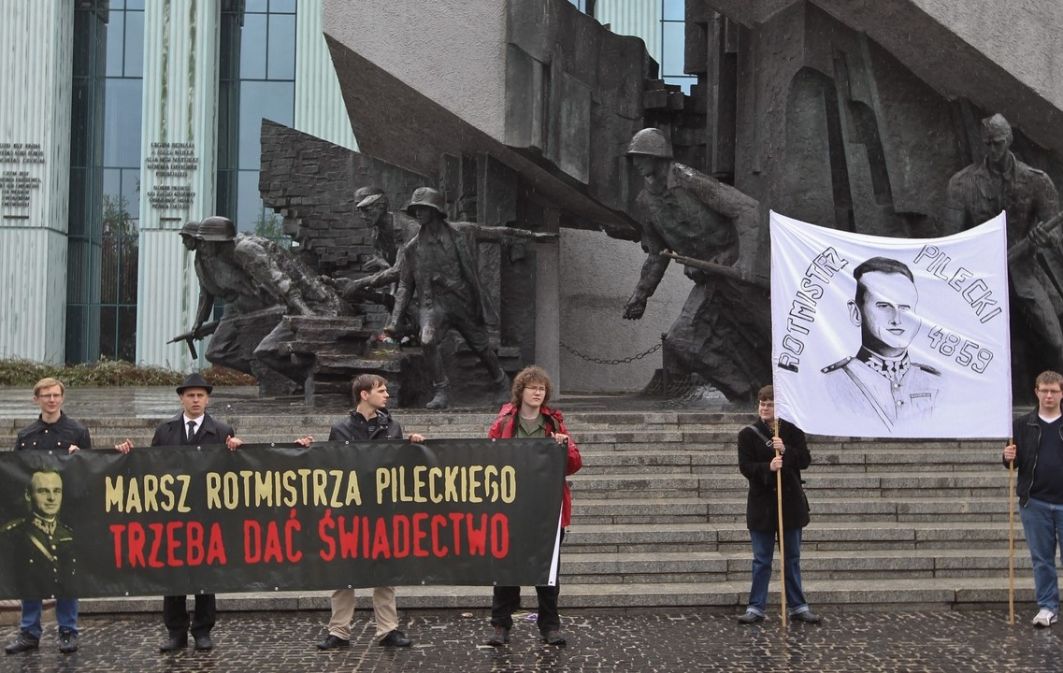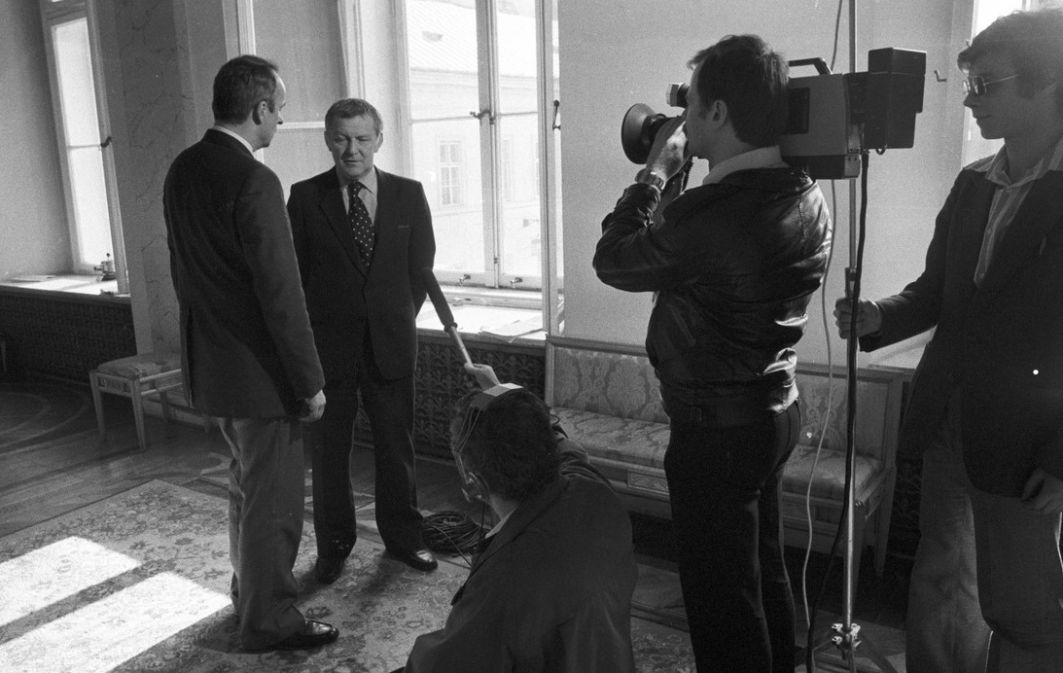The burning of the local Committee building brought back memories of December 1970. That was when Władysław Gomułka [Gierek's predecessor as first secretary of the Party] lost power and Edward Gierek took office. The burning of the local Committee building must have reminded those in charge that when Committee premises are set ablaze those in power loose out. Gomułka was replaced by Gierek, who may well have been terrified to find himself first secretary between the arsons. To reassure him, the working class gathered in stadiums throughout the country -- a show of support for the new first secretary -- while they noisily condemned the "brawlers" and the "troublemakers". As could be expected, albeit perhaps more allusively, suggestions that events had drawn on foreign inspiration were woven into the speeches.
The authorities' quick reaction, including the cancellation of the price increases for fear of sparking a new December 1970, led to repressive measures taken by the militia and the introduction of the so-called "health trails". Those who were detained were forced to walk the gauntlet formed by two lines of militiamen who beat them with batons as they went by. This treatment applied to those who had participated in the riots as well as to simple passers-by. Several hundred workers were tried in an accelerated judicial procedure which issued sentences of up to one year in jail. Standard court procedures resulted in eight people being sentenced to prison for eight-to-ten years, eleven to five-to-six years, while more than 100 received prison terms of two-to-four years.
What unfolded in Radom and other cities shook Edward Gierek's position. The masses ceased to be at one with the party (whereas previously its propaganda of success had remained effective). The "moral and political unity of the nation" vanished. Nonetheless, those who remember the decade during which Poland was ruled by the first secretary from Sosnowiec [the industrial city in the south of Poland] are agreed that, while "he was what he was", he did not shoot people. Indeed, in June 1976, the authorities' focus was on beating the protesters -- firearms were not issued to the militia charged with pacifying the protests. This probably explains why the authorities were to benefit from a relatively peaceful further four years of feigned national consent -- that is up until the strikes of August 1980.
No one died in the police stations and detention centers as a direct result of the "health trails". However, there were fatalities in Radom. Two workers died under the wheels of a trailer loaded with building materials, an accident caused when the workers sought to use the trailer to attack the ranks of the ZOMO. One Radom resident did die on June 30 having been beaten by a militia patrol, but the death was not directly linked to the protest events. Weeks later, a parish priest, Father Roman Kotlarz, died in hospital on August 18.
 SIGN UP TO OUR PAGE
SIGN UP TO OUR PAGE 
On June 25 he had been walking through the center of Radom, making his way to a nearby church canteen for priests, when he got caught up in a crowd heading to the local Committee building and accompanied the protesters for several hundred meters. As they passed another church, Father Kotlarz climbed its steps and blessed the demonstrators before leaving the demonstration. Unfortunately, for him, his blessing was witnessed by more than the protesters. It was a time when the Security Service did not limit its vigilance to the largest cities. Service members were everywhere in the Polish People's Republic.
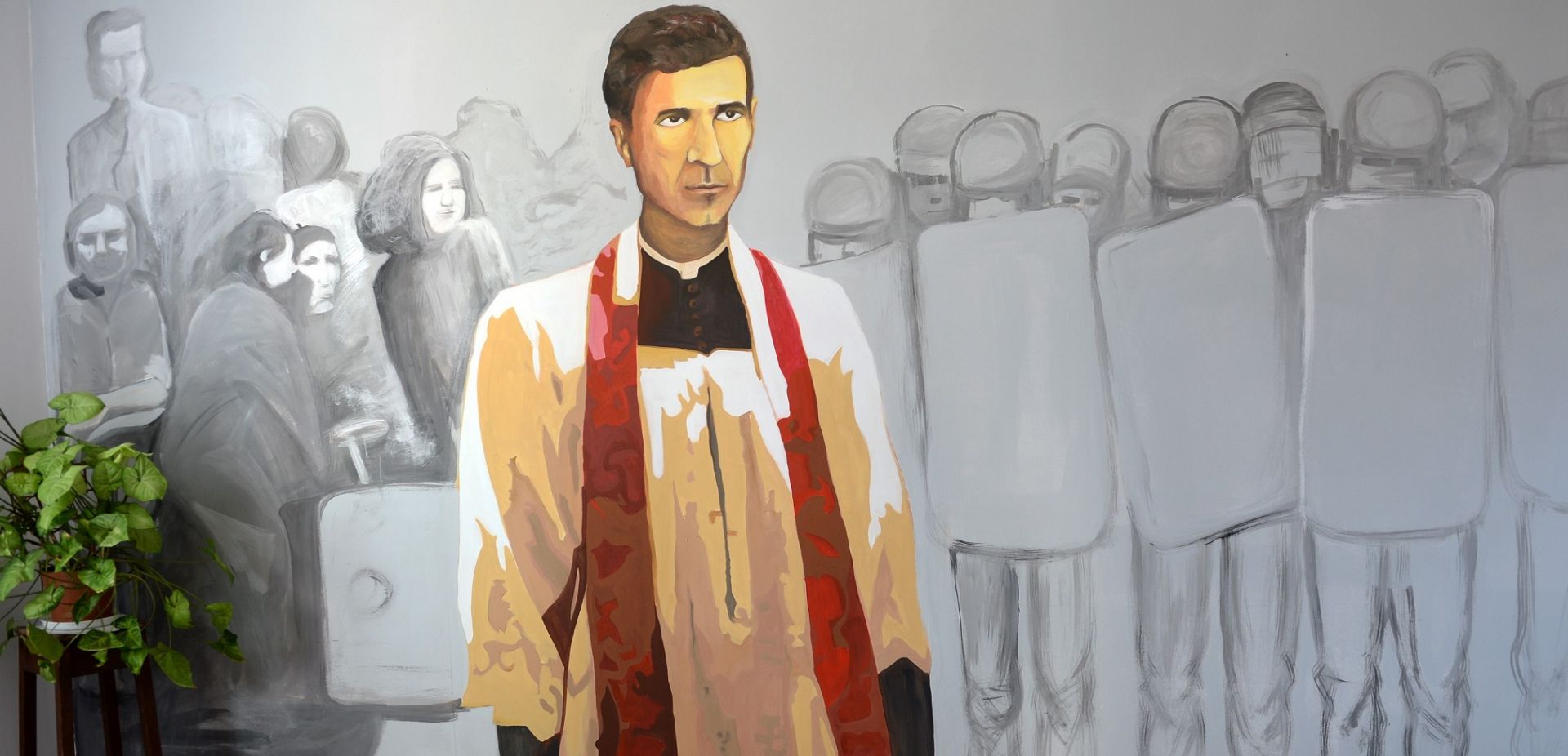
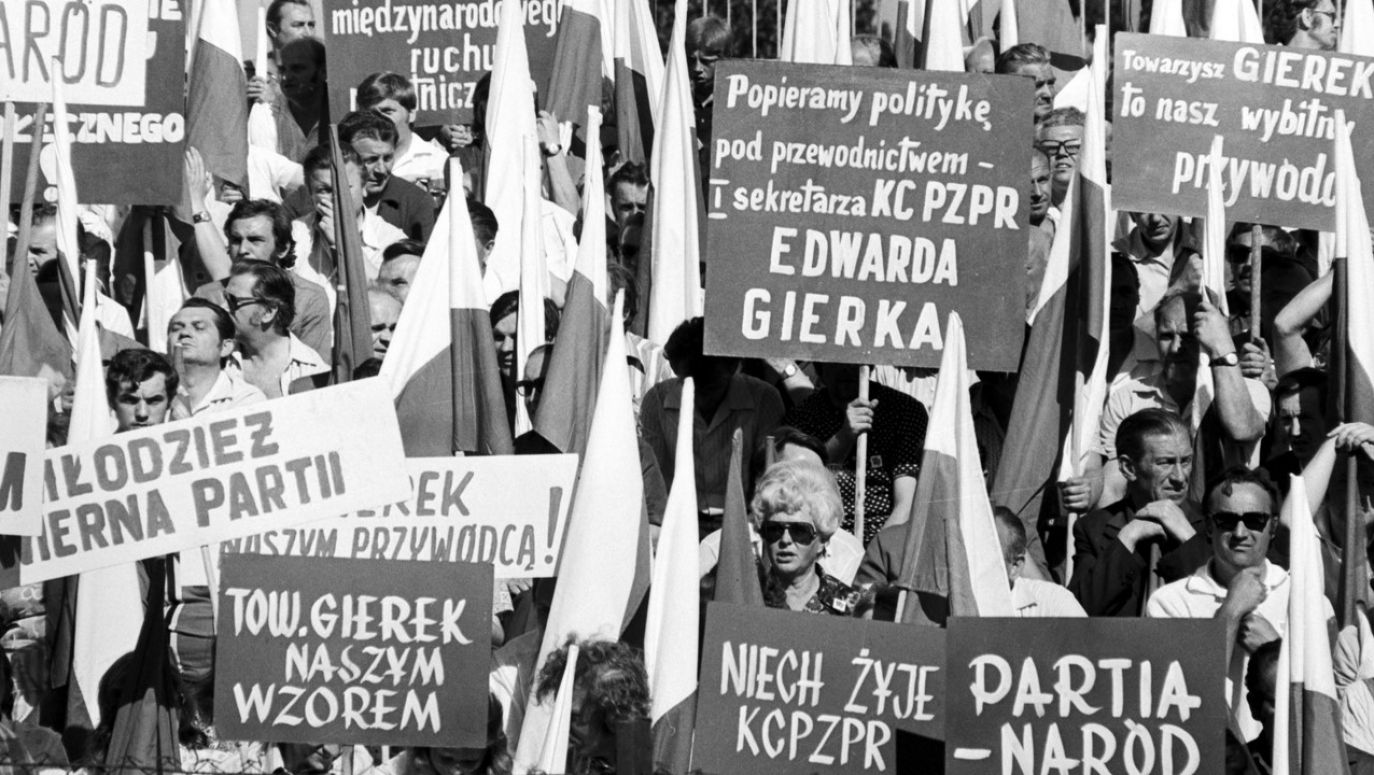
 SIGN UP TO OUR PAGE
SIGN UP TO OUR PAGE 
